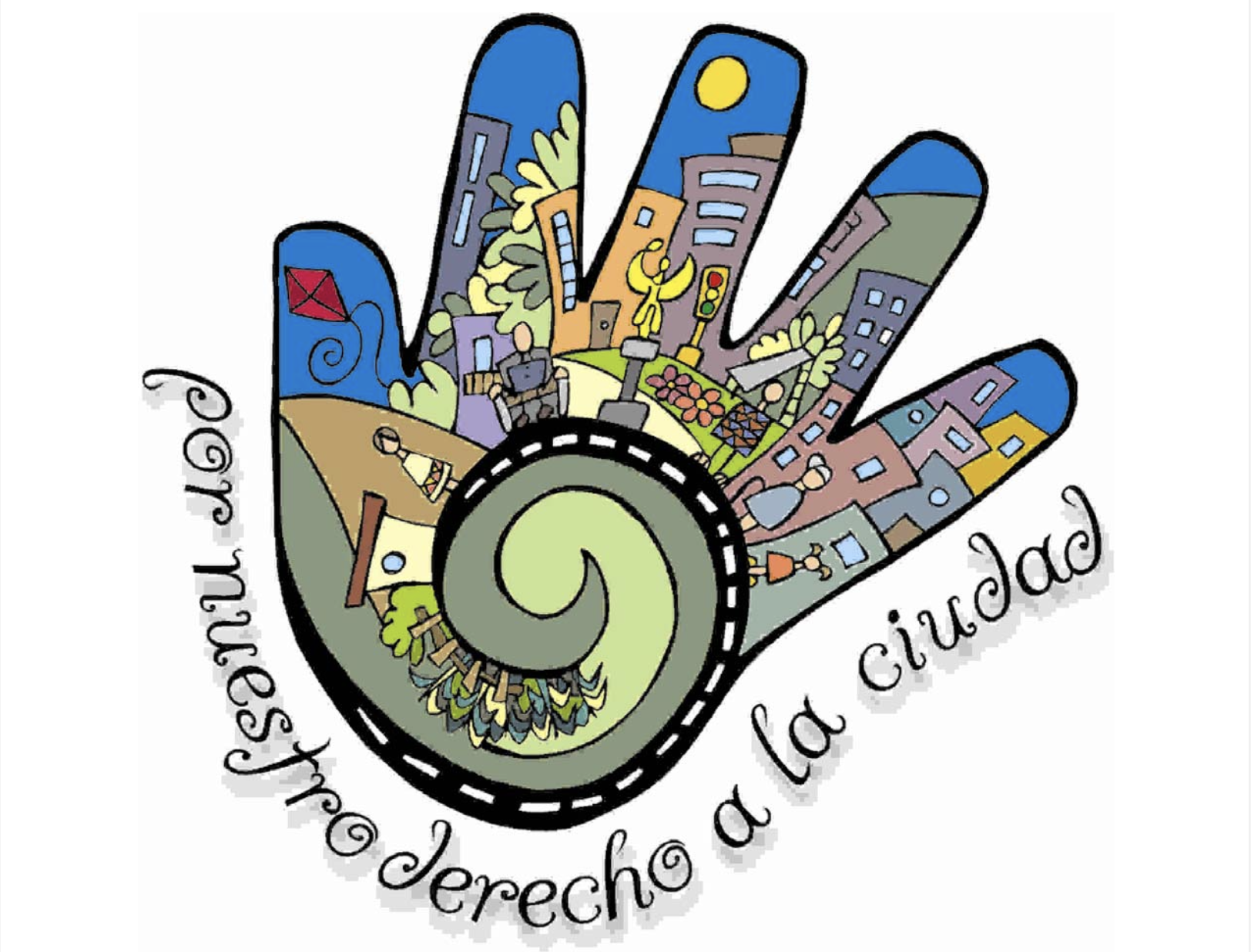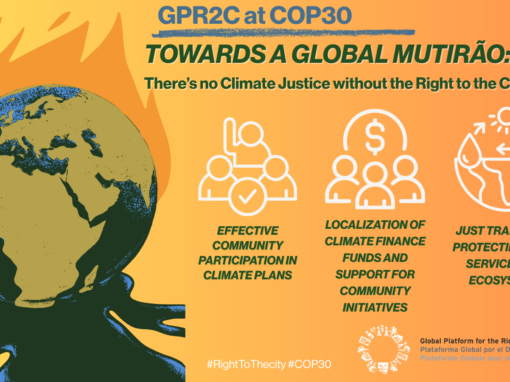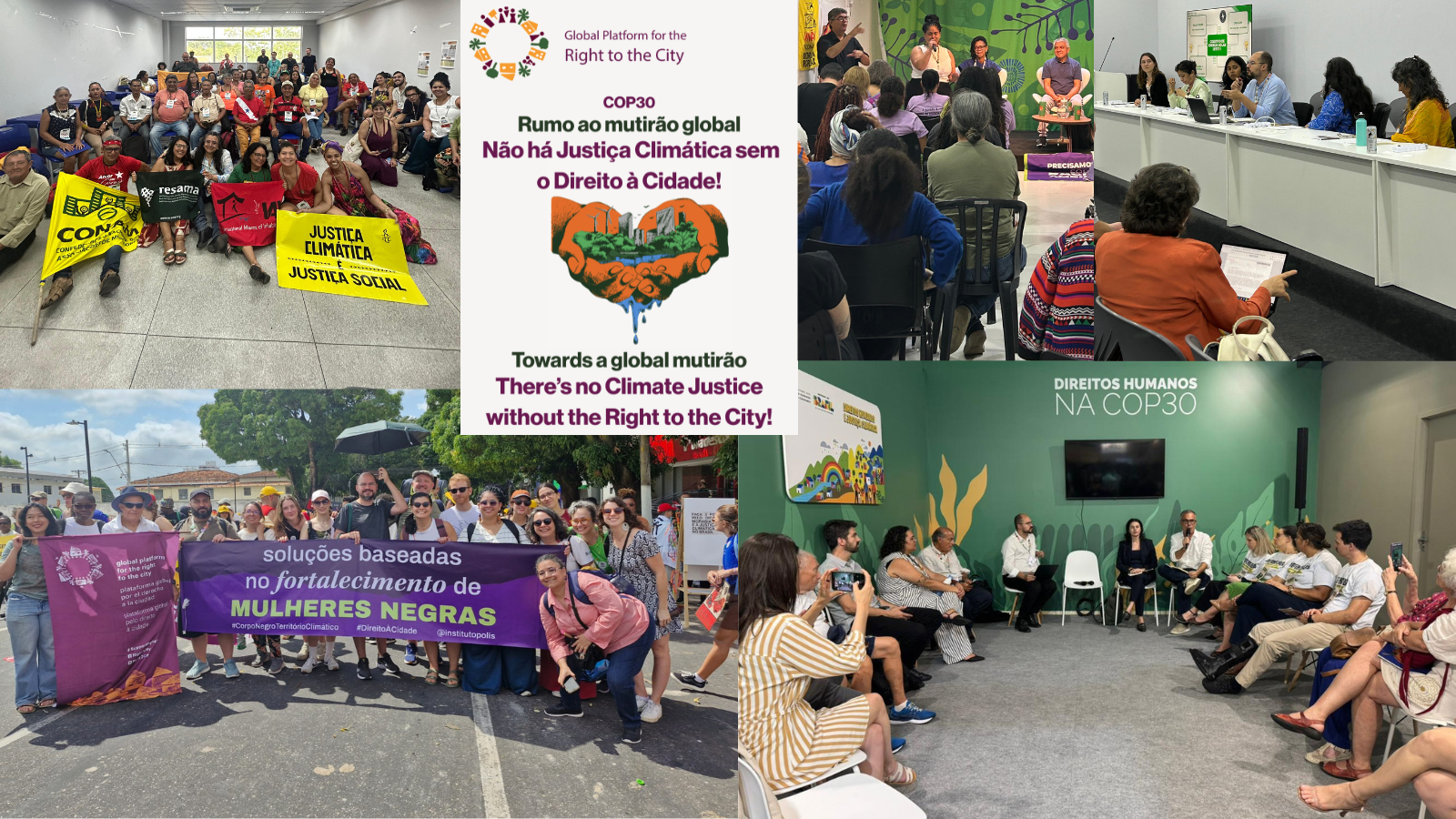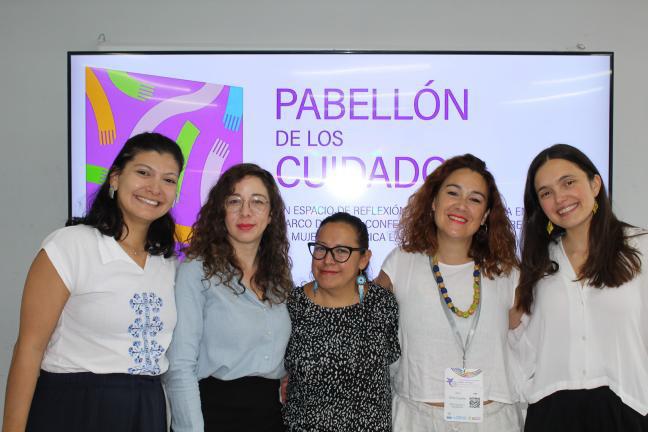
The Mexico City Charter for the Right to the City is the product of an initiative developed by a diverse group of organizations of the urban popular movement and negotiated with the Federal District (Mexico City) government beginning in 2007.
Within the framework of the Mexican Chapter of the World Social Forum held in Mexico City’s central plaza (the “Zócalo”) in late January 2008, an urban roundtable was held over the course of three days on the Right to the City, marking the initiation of public debate on the theme.
A few months later, on the occasion of International Human Rights Day, the Promotion Committee installed a tent within the Human Rights Fair held in the Mexico City Zócalo. Various activities directed toward children, adolescents and adults were offered in the Right to the City tent.
The material gathered through these activities and contributions developed by Promotion Committee members were then used to begin the process of Charter integration. The World Charter for the Right to the City and the results and proposals from the First World Assembly of Urban Inhabitants held in Mexico City in the year 2000 served as basic references for this task.
The Mexico City Charter for the Right to the City is the fruit of this broad process, and its formal signature into power opens a new phase-oriented to guarantee the legal recognition and implementation of this new human right.





